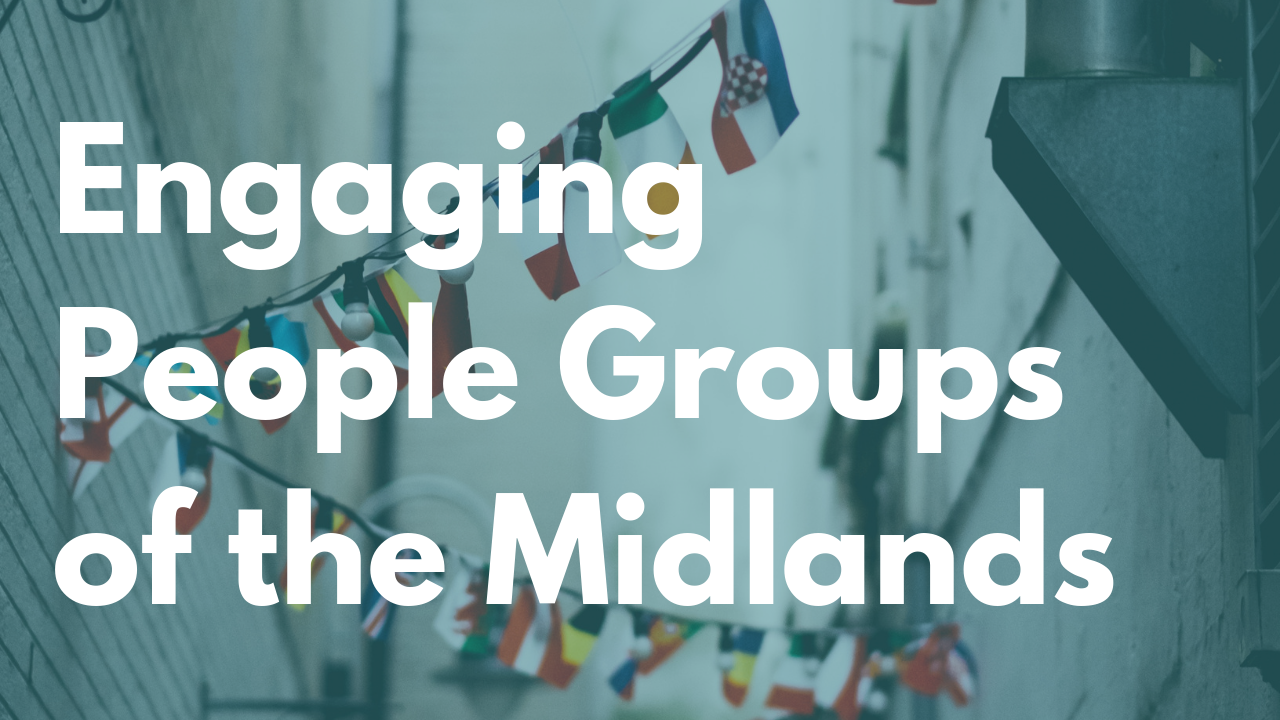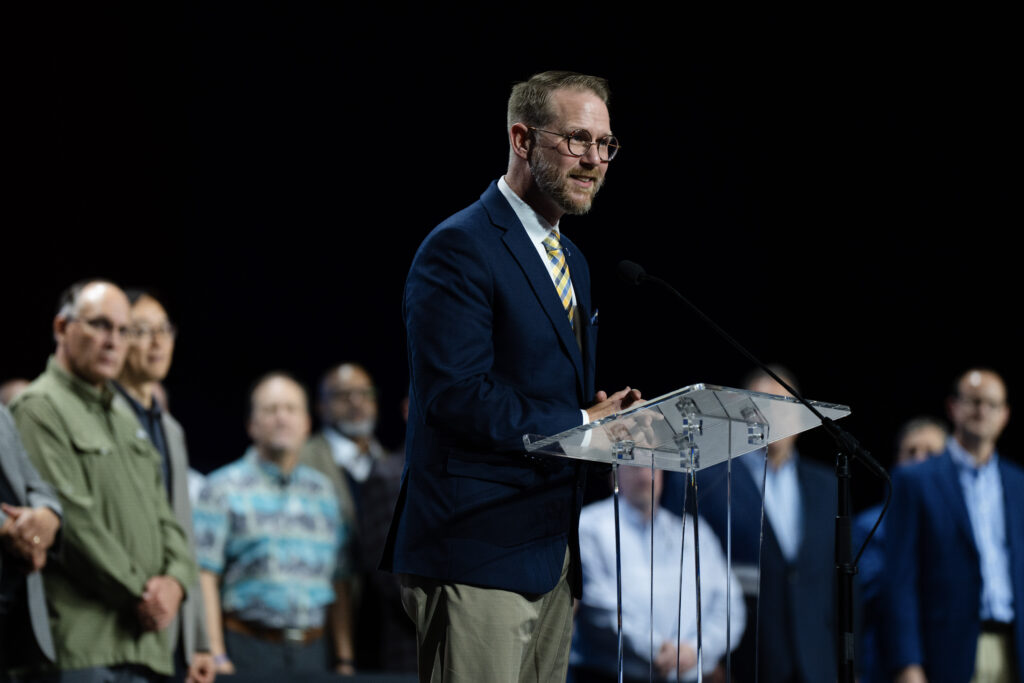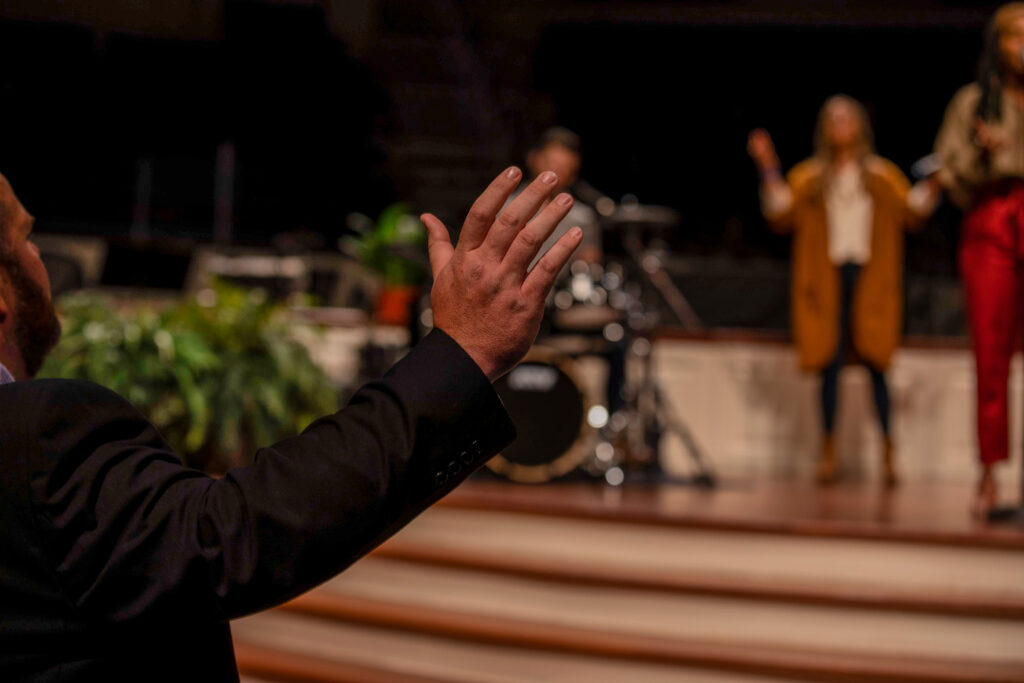Engaging People Groups of the Midlands
The South Carolina Baptist Convention (SCBC) works alongside of churches looking to SEND missionaries and engage the lost. A project is under way to identify and map people groups living in the midlands of South Carolina and build relationships with leaders of existing people group associations with the goal of partnering with churches to reach individuals with the hope of the gospel. Robbie McAlister is a SCBC people group strategist working on the project and says 17 ethnic associations have already been identified.
“This is a comprehensive ethnic engagement strategy to identify and serve the ethnic communities in the midlands and statewide,” McAlister says.
McAlister and SCBC Multiethnic Ministry Consultant Ryan Dupre have been working on the project for about six months. In meetings with ethnic group leaders the strategists communicate the SCBC’s purpose to love and build relationships, and that they represent churches willing to partner to meet needs within their specific communities. The team has already met with leaders and churches from the Columbia Metro Baptist Association to explore partnership opportunities.
“The next steps will be to get churches to engage with these groups. As we have met with local ethnic group leaders we have received great feedback and most, if not all, have said this is the first time they have been approached to build relationships with others in the community,” says Dupre.
According to Tim R., of the SCBC missions mobilization team, the work to identify and engage refugees is connected to God’s global work of reaching the lost through this crisis.
“As people reach out to refugees and immigrants living nearby with kindness and a desire to get to know them, they may find open doors to ministry. Meeting needs helps build relationships in which the gospel can be shared and when immigrants and refugees come to faith and are discipled, they reach their families. Often the gospel advances back to their home countries as well. We want to know which people groups are being reached here and which ones are not, so that new churches can start,” he explains.
McAlister has seen this opportunity for advancing the gospel through ongoing SCBC international partnership work. As refugees from countries closed to the gospel arrive at camps stationed in Greece rotating volunteer groups working in those camps meet basic needs, show the love of Christ and, when asked, may have gospel conversations. McAlister recently made an exciting connection to this work through a friendship he developed during a citizenship class in Columbia.
The student had family members in a refugee camp in Greece. Through a phone call she made to her family she discovered it was the same camp our volunteers worked in. Several weeks later a team of volunteers went to the same refugee camp, found the student’s family, gave them blankets, shared their story and gave them an audio Bible in their language.
“We hope that churches working with refugees and immigrants here in South Carolina will go on to serve refugees abroad and, when teams go to serve refugees in Greece, they will come back and seek to serve immigrants and refugees living here,” says Tim R.
“Our partnership in Greece has exposed people at ground zero of this crisis to refugees from North Africa, Afghanistan, Iraq or Iran. We share that we’re Christ followers and want to help and serve them. Most have never met a Christian, so we’re able to change the narrative on what Christians are like,” adds McAlister.
Back home Dupre sees South Carolina becoming increasingly more global, particularly through new businesses and the international student population. He suggests being on mission every day at the Vietnamese owned nail salon or Indian grocery up the road through simple conversations and expressing interest in other cultures.
“Hopefully new relationships will begin as churches are engaging and adopting a greater world view and recognizing how global our state is,” says Dupre.
McAlister agrees, adding that the midlands project couples strategy with good stewardship.
“We shouldn’t be threatened by migration. We should say ‘wow, look how God has orchestrated kingdom advance through the migrations around the world.’ People from places and people groups that have never heard of Jesus are now accessible by gospel-believing people to be served and have God’s love shared in a way that meets a critical need in their lives because of crisis in their life,” he says.
As the engagement project continues, data will be uploaded to www.peoplegroups.info, which reports people groups and ethnic points of interest across the United States. For additional information on engaging unreached people groups, visit www.scbaptist.org/send.




